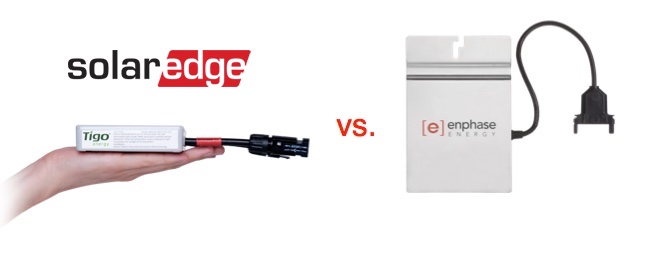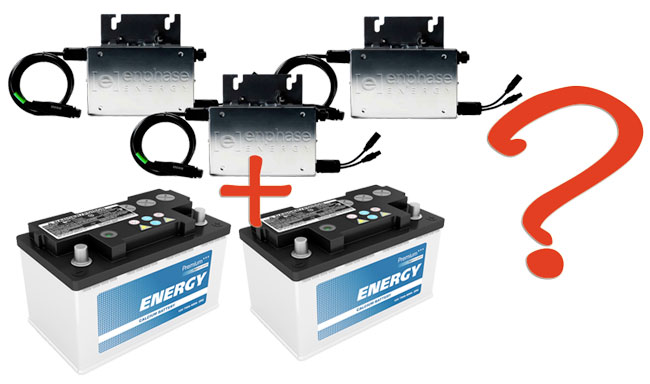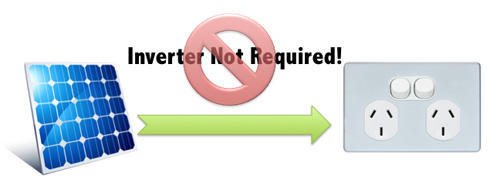
If you’ve decided on panel-level optimisation, which is the better choice, microinverters or optimisers?
Good grief this article is going to get me into trouble with some solar installers. Why? Because by the end of it I will give my humble opinion on whether microinverters (e.g. Enphase) are better than DC optimisers (e.g. SolarEdge or Tigo). [Read more…]




 RSS - Posts
RSS - Posts



Currently Raging Debates: